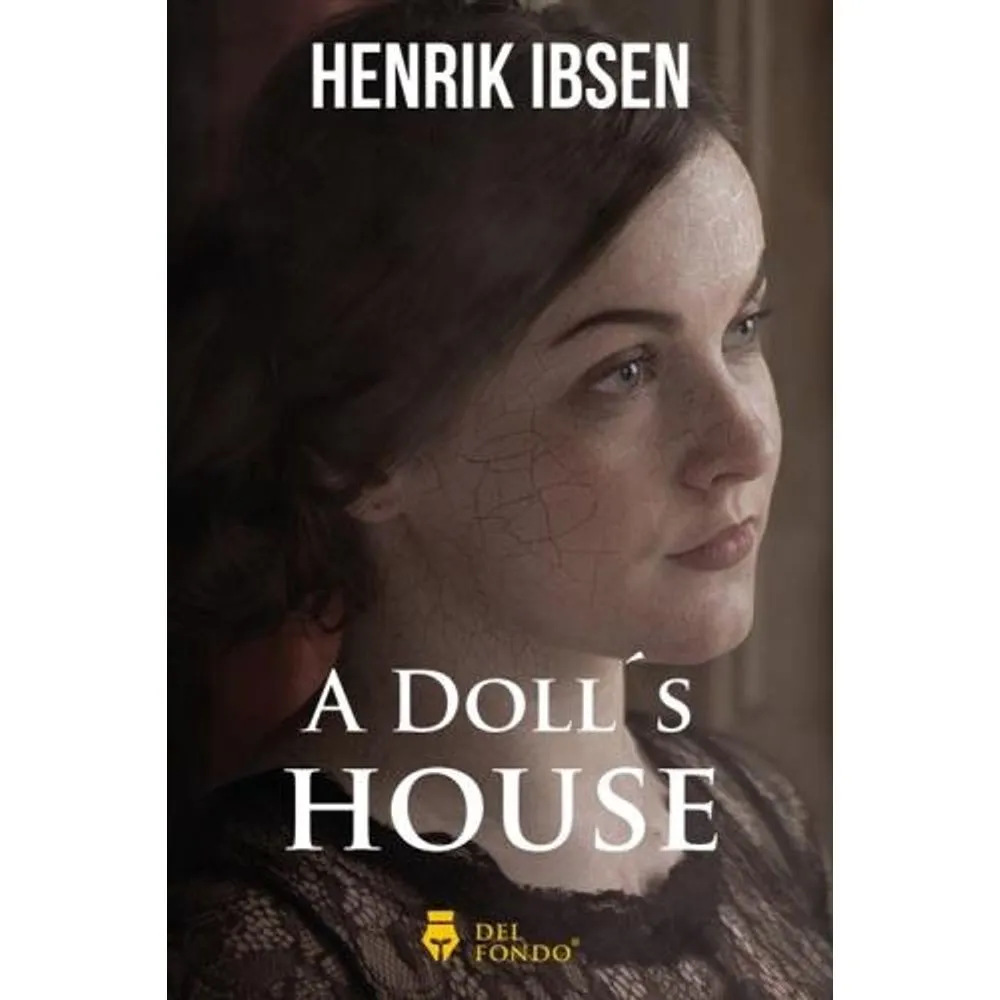- Lunes a viernes: 08:00 a 20:00 hrs / Sábados: 09:00 a 13:00 hrs
- contacto@libreriadelapaz.com.py
Categorías destacadas
Todas las categorías
Arte-Teatro-Fotografía-Música- Diseño- Moda
Asunto Impreso
Ciencias Exactas
Derecho- Procesal- Civil- Comercial
Editoriales
Filosofía
GRIJALBO
Libros infanto-juveniles
Libros técnicos
Psicología - Psicoanálisis
Paso a Paso
POLIEDRO
TAURUS
TAURUS

One of the best-known, most frequently performed modern play, A Doll’s House richly displays the genius with which Henrik Ibsen pioneered modern, realistic prose drama. As for the main character of Nora, Ibsen epitomized the human struggle against the humiliating constraints of social conformity. Nora’s ultimate rejection of a smothering marriage and life in “a doll’s house” shocked theatergoers of the late 1800s and opened new horizons for playwrights and their audiences. But daring social themes is only one aspect of Ibsen’s power as a dramatist. A Doll’s House shows his gift for creating realistic dialogue as well as a suspenseful flow of events and, above all, psychologically penetrating representations that make the struggles of his dramatic characters utterly convincing. Ibsen was inspired by the belief that “a woman cannot be herself in modern society”, since it is “an exclusively male society, with laws made by men and with prosecutors and judges who assess feminine conduct from a masculine standpoint.” His ideas can also be seen as having a wider application: the play’s theme is not only women’s rights, but rather “the need of every individual to find out the kind of person he or she really is and to strive to become that person.